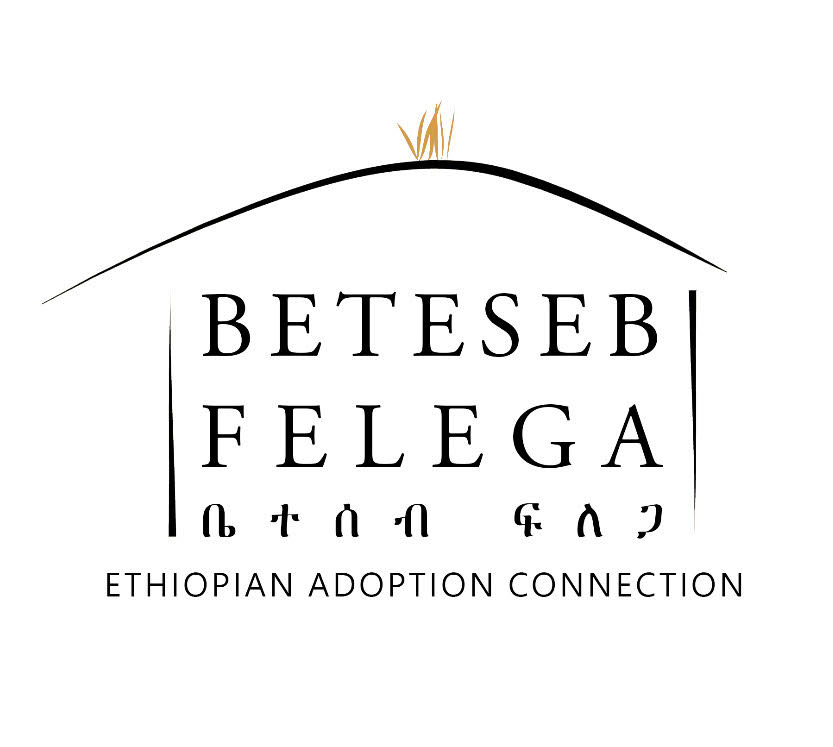The mission of Beteseb Felega – Ethiopian Adoption Connection is to reconnect adopted children and adults (adoptees) with their families in Ethiopia. When we tell people this, especially outside adoption circles, they are often confused. They may think, “Why open a can of worms?” or “The kids have a new family, look forward not back.”
It’s a lot more complicated than that. Adoption creates a new legal family but it doesn’t erase the original family bonds. All the feelings and connections are still there, even for babies. It can be confusing for kids to grow up not knowing where they came from or why they were adopted. When you know your roots it’s easy to underestimate how hard it can be for those who don’t.
In Ethiopia we work with families whose children were adopted abroad. Many of these parents come from poor, rural areas lacking the basics we take for granted. Life is hard and living abroad is a dream for many. Often, parents who gave children for adoption were convinced to do so with promises of a good education, financial support, and that the children would return as adults to support them. Others had social or living conditions that made it difficult for them to care for their children and they believed sending them abroad would be better. They were never told their family ties would be legally severed and that their children would likely never return.
These mothers, fathers, sisters, and brothers never forget. Beteseb Felega offers emotional support and provides information to help prepare families for potential reunion. Many Ethiopian families report that we are the first people ever to ask them about their adopted kids or how they feel about life without them. Some tell us they cry every day. Many don’t know if their children are even alive.
It is the vision and hope of Beteseb Felega (EAC) that every adoptee has access to their birth information and the opportunity for contact with their family of origin. We are a bridge across continents.
Beteseb Felega (BF-EAC) has reconnected over 400 families since 2014. We rely on donations to continue this important work.
